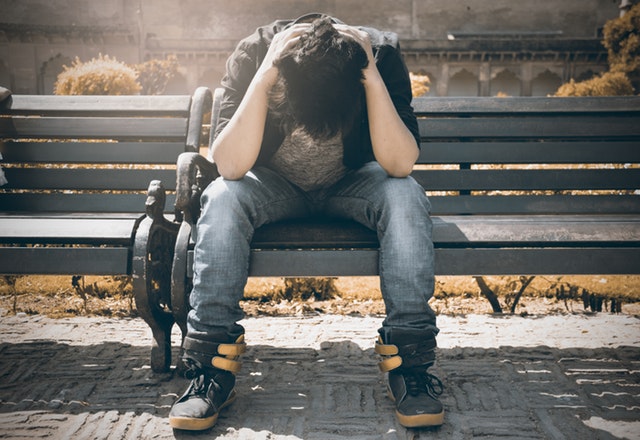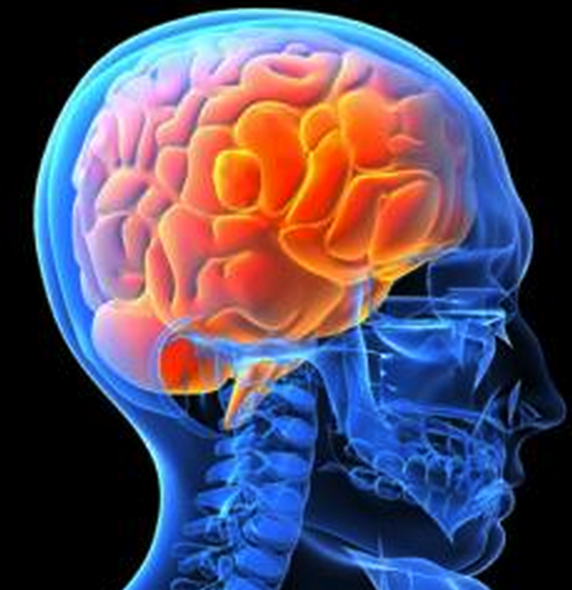⅔ of adults say they or a family member impacted by Addiction

 Two-thirds of adults in the US say they or a family member have been addicted to alcohol or drugs,...
Two-thirds of adults in the US say they or a family member have been addicted to alcohol or drugs,...
...experienced homelessness due to addiction, or experienced an overdose that led to an emergency room visit, hospitalization, or death, according to research published this week by KFF. This figure includes 19% who say they personally have met the same criteria.
The poll also revealed that 29% of adults say they or a family member have been addicted to opioids—including prescription painkillers and illicit substances such as heroin—and that rural residents (42%) and White adults (33%) were the demographic groups most severely impacted.
For its study, KFF polled a nationally representative sample of 1327 US adults from July 11-19 by phone, with interviews conducted in English and Spanish. The poll also found that 9% of respondents said they have had a family member die from a drug overdose.
Furthermore, 54% said they have had a family member who has been addicted to alcohol; 24% have had family members addicted to prescription painkillers; 27% have had a family member who has been addicted to any illegal drug.
Household income was also found to be inversely related to the rate of adults who said they personally have been addicted to drugs or alcohol, had an overdose requiring an ER visit or hospitalization, or experienced homelessness because of addiction. While the overall rate was 1 in 5 adults, the share increased to 25% among adults with a household income under $40,000 and dropped to 16% of those with an income of at least $90,000 per year.
While overall 3 in 10 adults surveyed said they or a family member have been addicted to opioids, the rate varied by home location (42% for those who live in rural areas, 30% for suburban residents, and 23% for urban residents) and by race (33% of White adults, 23% of Black adults, and 28% of Hispanic adults).
Addiction’s Impact
Among survey respondents who said they or a family member have experienced addiction, 76%, or 50% of the entire survey population, said addiction has had at least a minor impact on family relationships.
 Many also reported impacts on their mental health (70%, or 46% of all adults surveyed), with 27% of those who have had a family member suffer from addiction, but have not experienced addiction themselves, saying their mental health was “majorly impacted.”
Many also reported impacts on their mental health (70%, or 46% of all adults surveyed), with 27% of those who have had a family member suffer from addiction, but have not experienced addiction themselves, saying their mental health was “majorly impacted.”
Overall, the following percentages of survey respondents expressed concerns regarding family members:
- 58% worry that someone in their family will experience a serious mental health crisis;
- 51% worry that a family member will experience substance use disorder or an addiction to drugs or alcohol;
- 39% are worried about a family member accidentally consuming fentanyl; and
- 36% are worried that a family member will attempt suicide.
Treatment Options and Drug-Related Policies
Less than half (46%) of those who said they or a family member have experienced addiction said the individual received treatment. Reasons for not receiving treatment included: refusing help, overcoming or stopping the addiction on their own, denial of addiction, treatment costs, and shame or stigma.
When polled regarding their views on policies aimed at reducing drug overdoses, 90% of respondents said they support addiction treatment centers in their community, and 82% support making the opioid overdose reversal medication Narcan freely available in public places. Support for treatment centers was fairly consistent across party lines (92% of Democrats, 86% of Republicans, 94% of independents), with a slight variance in support for Narcan availability (89% of Democrats, 73% of Republicans, 83% of independents).
Supervised drug consumption sites, however, had lower support across the board (45%) overall and significantly different levels of support by political affiliation (61% of Democrats, 23% of Republicans, 49% of independents).
Source:


